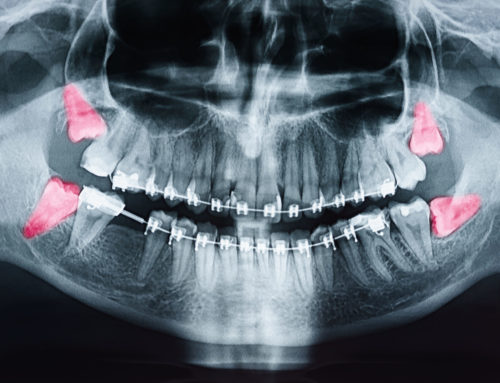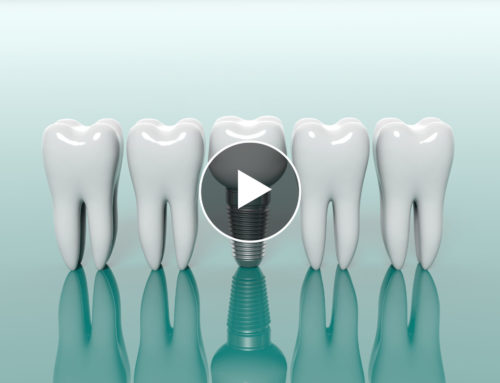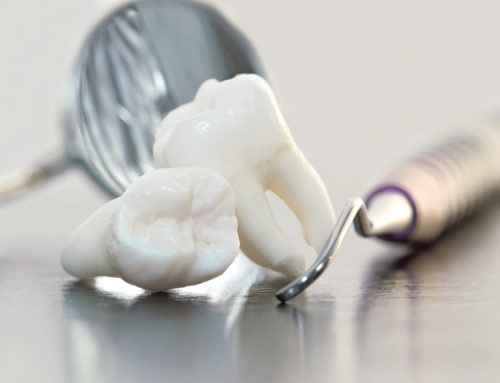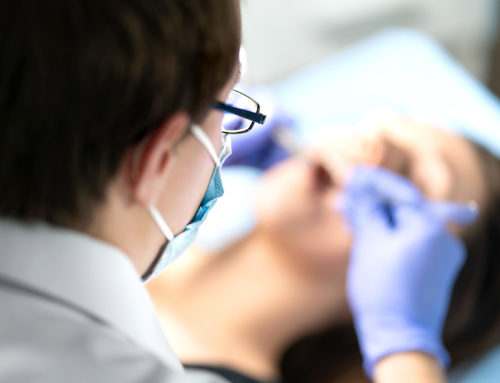According to the American Dental Association (ADA), many Americans enjoy excellent oral health largely due to the services offered by medical personnel such as dentists and oral and maxillofacial surgeons. Nevertheless, the ADA claims that American employers lose 164 million work hours every year due to oral health complications. With this in mind, it is worth noting that the aforementioned dental experts generally deal with different aspects of oral health. This guide will take you through differences between dentists and oral and maxillofacial surgeons.
Oral and Maxillofacial Surgeons
According to the AAOMS, oral and maxillofacial surgeons are basically dental experts who receive training to offer specialized services such as dental implant surgery, administration of anesthesia, and corrective jaw surgery. Additionally, it is important to note that this training usually focuses on the bones, skin, tissues, and muscles of the face, jaw, and mouth. A report published by the University of Texas Health Science’s Center at San Antonio states that oral and maxillofacial surgery training takes anywhere from 4 to 7 years of intense training. This training usually takes place in a medical school setting to equip students with the skills required to treat patients.
Students who complete the training successfully are generally able to handle a wide range of oral health problems including repositioning of cheek and orbital bones, temporomandibular joint (TMJ) surgery, removal of jawbone tumors, as well as oral and facial cosmetic surgery. Figures from the AAOMS show that there are more than 9,000 licensed oral and maxillofacial surgeons in the US. Most of these specialists are self-employed and run medical clinics/offices where they offer health services to patients.
Dentists
Unlike oral and maxillofacial surgeons, dentists typically specialize in the care of teeth, gums, and the mouth. More specifically, dentists typically perform the following procedures, among others:
• Extracting decayed or troublesome teeth
• Examining patients with oral health issues to determine the next course of action
• Prescribing medications like antibiotics
• Applying teeth whitening agents
• Repairing cracked or fractured teeth
In addition, dentists educate their patients on the importance of good dental hygiene, according to The Princeton Review. Such education plays a big role in reducing the prevalence of oral health complications such as gum disease, which affects up to 87% of Americans at some point in their lives. Before they can start practicing, prospective dentists must complete at least four years of training at an institution accredited by the American Dental Association. At the end of this training period, students typically take both written and oral exams administered by state dental boards. Dentists who intend to become researchers or specialize in particular dental fields must undergo additional training. This extra training can take anywhere from 2 to 5 years to complete, depending on chosen specialty.
In conclusion, when it comes to oral health, most people consult their dentists. Some of the typically services offered by dentists include the removal of decayed/troublesome teeth, straightening crooked teeth, repairing cracked teeth, and as well as administering local anesthetics required to carry out these procedures. Services offered by oral and maxillofacial surgeons Houston surgeons are cleft lip and palate surgery, dental implant surgery, treatment of obstructive sleep apnea, as well as treatment and management of head, oral, and neck cancer.
OMSH, Oral and Maxillofacial Surgeons of Houston, offer many of the aforementioned services which is beneficial to their patients and contacting them today may be a helpful to you as well!






